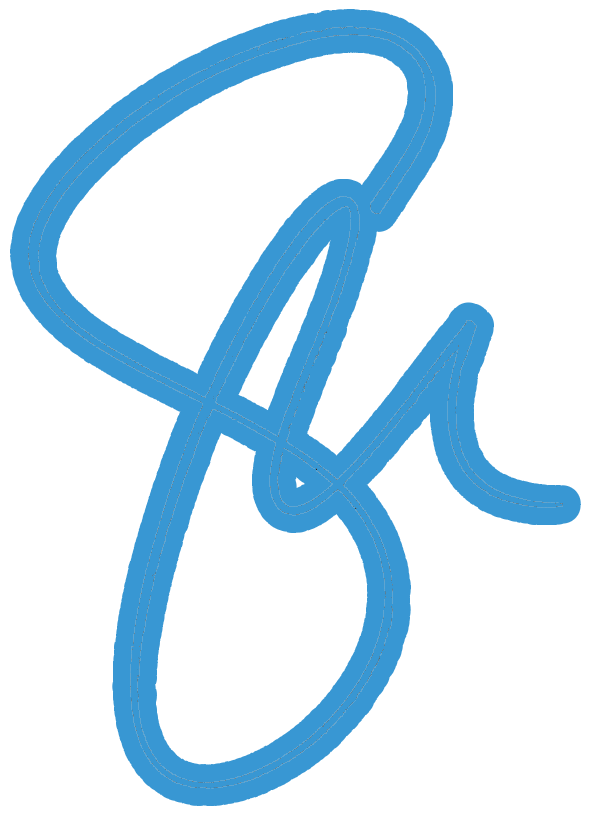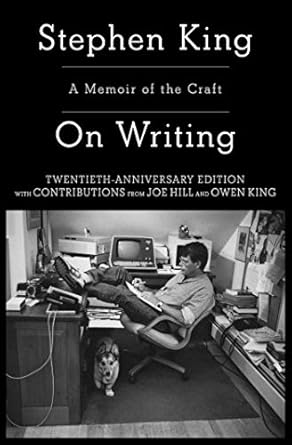In his book ‘On Writing: The Memoir of Craft’, the American author Stephen King accounts his experiences as a writer and his advice to young writers.
I’ve just finished reading this book, and below are some lessons that ought to be useful to young writers:
Notes/quotes
“When you write a story, you’re telling yourself the story,” he said. “When you rewrite, your main job is taking out all the things that are not the story.”
Remember that the basic rule of vocabulary is use the first word that comes to your mind, if it is appropriate and colorful.
“One learns most clearly what not to do by reading bad prose. Good writing, on the other hand, teaches the learning writer about style, graceful narration, plot development, the creation of believable characters, and truth-telling.”
“The trick is to teach yourself to read in small sips as well as in long swallows. Waiting rooms were made for books — of course! But so are theatre lobbies before the show, long and boring checkout lines.”
“If possible, there should be no telephone in your writing room, certainly no TV or videogames for you to fool around with.”
“Make yourself a solemn promise right now that you’ll never use “emolument” when you mean “tip” and you’ll never say John stopped long enough to perform an act of excretion when you mean John stopped long enough to take a shit.”
“It is an old observation, that the best writers sometimes disregard the rules of rhetoric. Unless he is certain of doing well, [the writer] will probably do best to follow the rules.”- William Strunk
Must you write complete sentences each time, every time? Perish the thought. Take any noun, put it with any verb, and you have a sentence. It never fails. Rocks explode. Jane transmits. Mountains float.
E.g. The meeting will be held at seven o’clock VS The meeting’s at seven
Consider the sentence He closed the door firmly. It’s by no means a terrible sentence (at least it’s got an active verb going for it), but ask yourself if firmly really has to be there. You can argue that it expresses a degree of difference between He closed the door and He slammed the door.
“The more fiction you read and write, the more you’ll find your paragraphs forming on their own. When composing it’s best not to think too much about where paragraphs begin and end; the trick is to let nature take its course.”
My own schedule is pretty clear-cut. Mornings belong to whatever is new — the current composition. Afternoons are for naps and letters. Evenings are for reading, family, Red Sox games on TV, and any revisions that just cannot wait. Basically, mornings are my prime writing time.
Once I start work on a project, I don’t stop and I don’t slow down unless I absolutely have to. If I don’t write every day, the characters begin to stale off in my mind — they begin to seem like characters instead of real people.
“Your schedule — in at about the same time every day, out when your thousand words are on paper or disk — exists in order to habituate yourself, to make yourself ready to dream just as you make yourself ready to sleep by going to bed at roughly the same time each night and following the same ritual as you go.”
What would be very wrong, I think, is to turn away from what you know and in favor of things you believe will impress your friends, relatives, and writing-circle colleagues. What’s equally wrong is the deliberate turning toward some genre or type of fiction in order to make money.
I distrust plot for two reasons: first, because our lives are largely plotless, even when you add in all our reasonable precautions and careful planning; and second, because I believe plotting and the spontaneity of real creation aren’t compatible.
I have written plotted novels, but the results, in books like Insomnia and Rose Madder, have not been particularly inspiring.
If I tell you that Carrie White is a high school outcast with a bad complexion and a fashion-victim wardrobe, I think you can do the rest, can’t you? I don’t need to give you a pimple-by-pimple, skirt-by-skirt rundown.
But I think you will find that, in most cases, your first visualized details will be the truest and best.
My all-time favorite similes, by the way, come from the hardboiled-detective fiction of the forties and fifties, and the literary descendants of the dime-dreadful writers. These favourites include “It was darker than a carload of assholes” and “I lit a cigarette that tasted like a plumber’s handkerchief ”.
“No kid ever ran to his mother and said that his little sister just defecated in the tub. I suppose he might say pushed or went woowoo, but took a shit is, I fear, very much in the ballpark (little pitchers have big ears, after all).”
While it is impossible to make a competent writer out of a bad writer, and while it is equally impossible to make a great writer out of a good one, it is possible, with lots of hard work, dedication, and timely help, to make a good writer out of a merely competent one.
When I’m asked for “the secret of my success”, I sometimes say there are two: I stayed physically healthy and I stayed married. The combination of a healthy body and a stable relationship with a self-reliant woman who takes zero shit from me or anyone else has made the continuity of my working life possible.
Writing isn’t about making money, getting famous, getting dates, getting laid, or making friends. In the end, it’s about enriching the lives of those who will read your work, and enriching your own life, as well.
You can, you should, and if you’re brave enough to start, you will. Writing is magic, as much the water of life as any other creative art. The water is free. So drink. Drink and be filled up.
It starts with this: put your desk in the corner, and every time you sit down there to write, remind yourself why it isn’t in the middle of the room. Life isn’t a support-system for art. It’s the other way around.
Stephen King has written more than sixty books. Here are all of his book.

